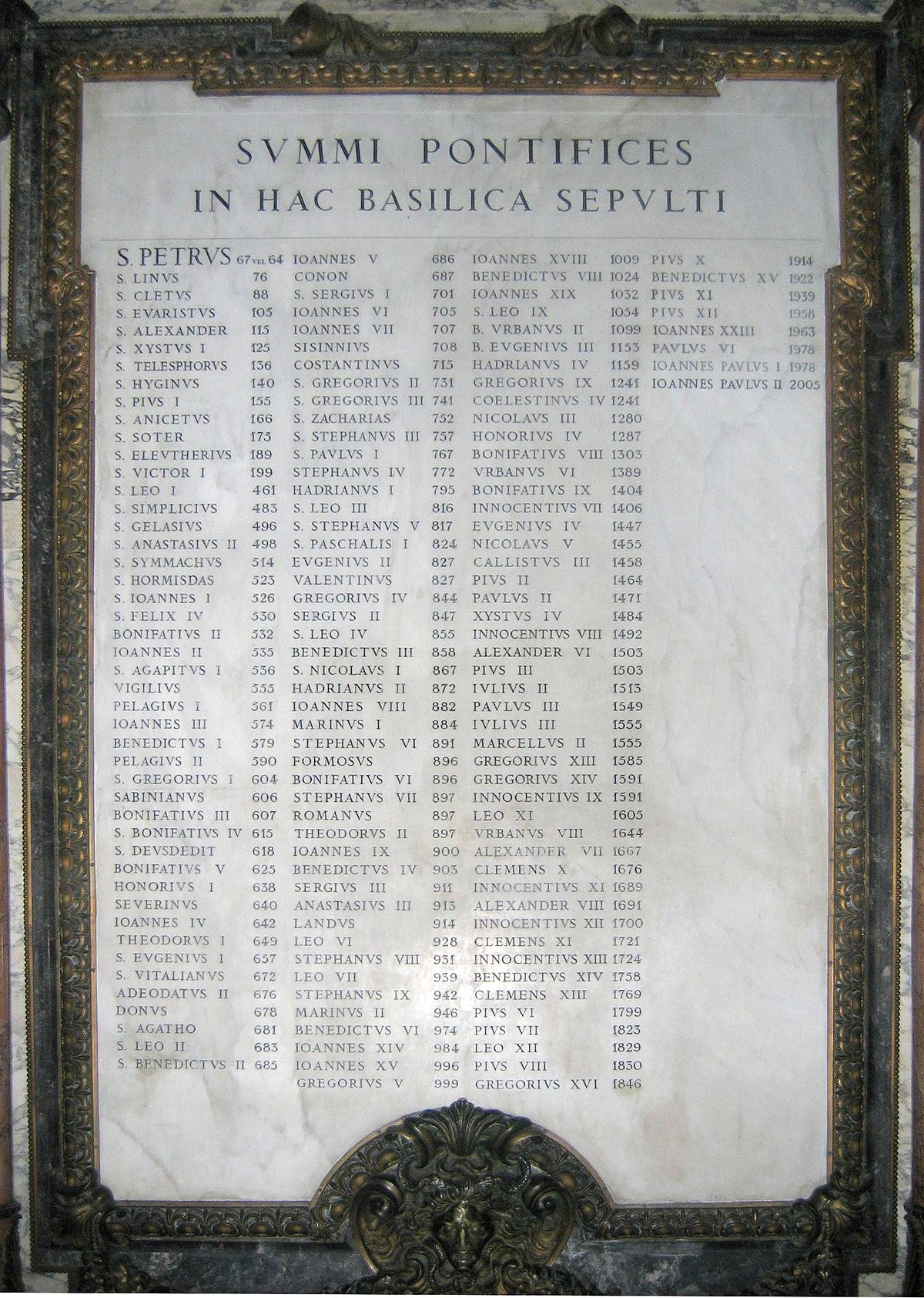- Apr 14, 2003
- 7,187
- 1,229
- 71
- Faith
- Protestant
- Marital Status
- Single
- Politics
- US-Democrat
If Jesus were in the habit of answering requests to know which is the right Church, which he appears not to be, then I hazard the guess that Jesus would express puzzlement that any should ask such a question because he is the head of only one church. That Church is the one that the Lord, Jesus Christ, discussed briefly with saint Peter as recorded in these words:
When Jesus and his disciples were near the town of Caesarea Philippi, he asked them, "What do people say about the Son of Man?" The disciples answered, "Some people say you are John the Baptist or maybe Elijah or Jeremiah or some other prophet." Then Jesus asked them, "But who do you say I am?" Simon Peter spoke up, "You are the Messiah, the Son of the living God." Jesus told him: Simon, son of Jonah, you are blessed! You didn't discover this on your own. It was shown to you by my Father in heaven. So I will call you Peter, which means "a rock." On this rock I will build my church, and death itself will not have any power over it. I will give you the keys to the kingdom of heaven, and God in heaven will allow whatever you allow on earth. But he will not allow anything that you don't allow. Jesus told his disciples not to tell anyone that he was the Messiah.Matthew 16:13-20
Mr. Gill seems to be confused by the English translation. Simon was renamed Kepha or Cephas (transliterated) which means Rock in Aramaic.
The original would be "Thou art Kepha and upon this Kepha I will build my Church." Additionally, Jesus used words paralleling Isaiah 22 in giving Peter, and no other Apostle, the keys to the kingdom. In Isaiah, the king gives the keys to the kingdom to his prime minister as a sign of authority.
I’ve been off the Board for over a week, so I apologize for the delay.
You are completely misunderstanding what Jesus said in Matthew 16:18 and the rest of the chapter. There are two Greek words referring to rock, or stone, or pebble, in this verse.
From notes in the Disciples Study Bible, Holman Publishers, 1984
On Matthew 16:17
“Simon Peter was blessed because he made the great confession of v. 16. All who confess Jesus as the Messiah, the Son of the Living God, are likewise blessed.”
On Matthew 16:18-19
<< Many Christians believe that the authority of the church resides in Simon Peter, and authority resides in Simon Peter. Jesus built the church on Simon Peter, and ultimate authority continues in the successors to the apostle. This interpretation depends on the words “Peter” and “rock” being interpreted as one and the same. The two Greek words of different. Both words mean “rock.” “Peter” is the Greek petros, which means “pebble.” “Rock” (petra) refers to a large “foundation stone.” The two words are different and appear to call for a different interpretation. >>
Peter is a pebble. The church is founded on a foundation stone. Some sources translate “petros,” the rock that the church is founded on, as bedrock.
Upvote
0

